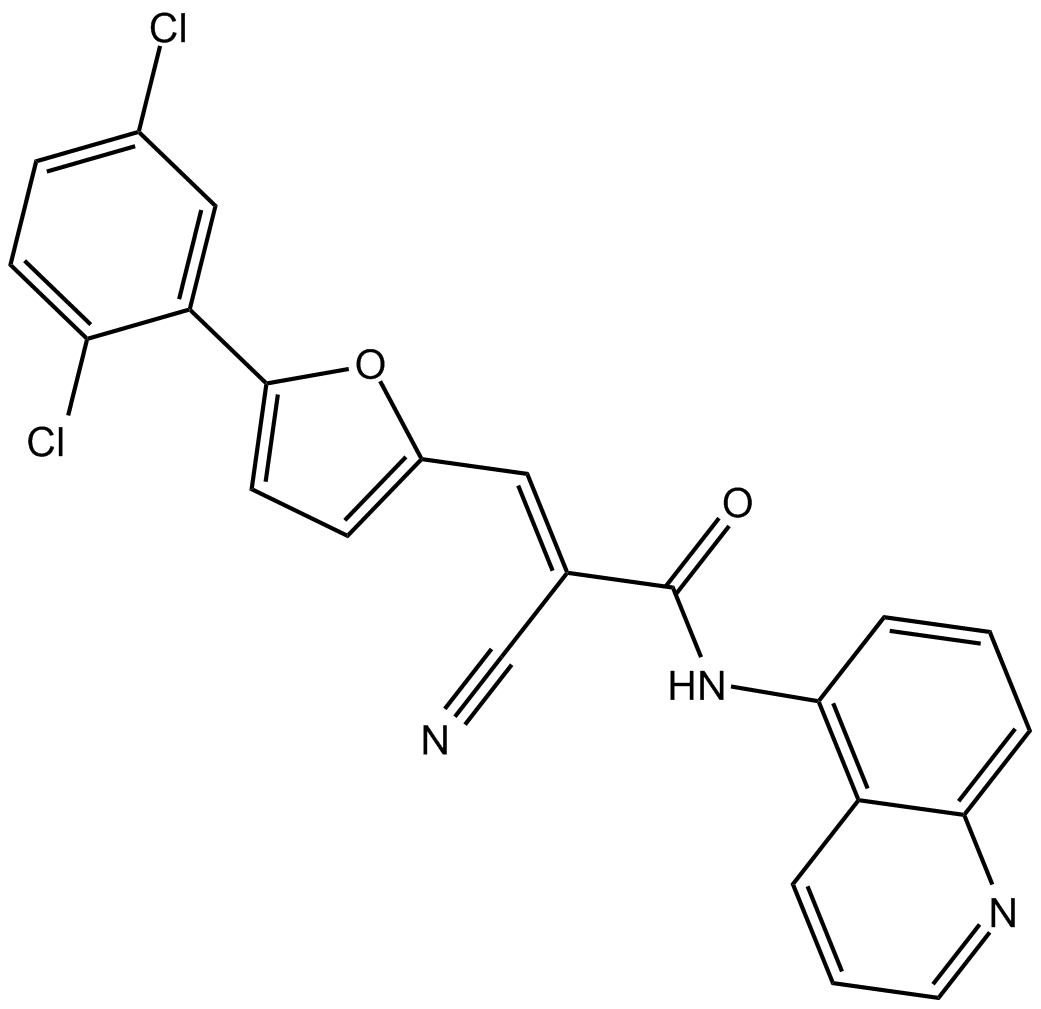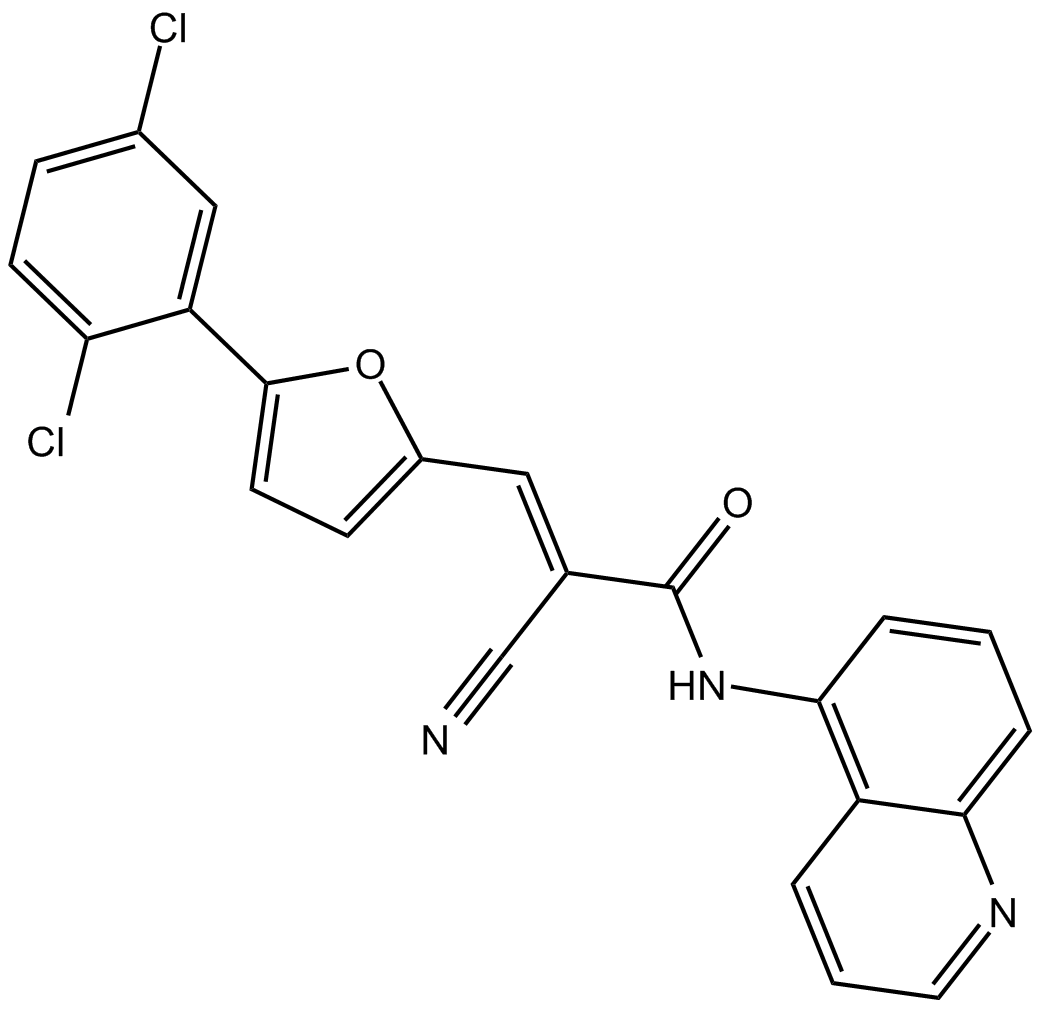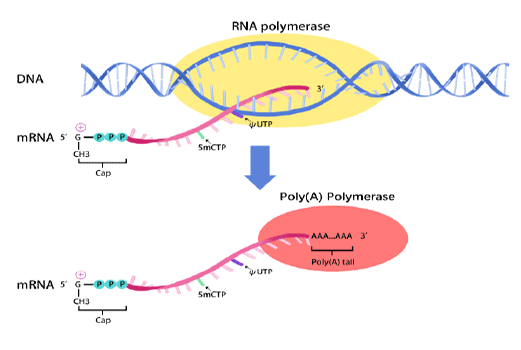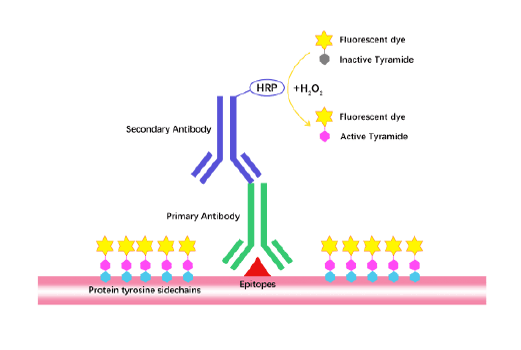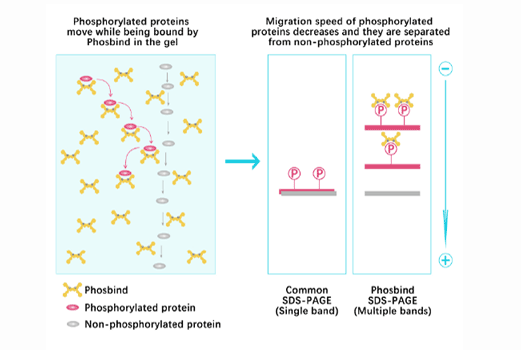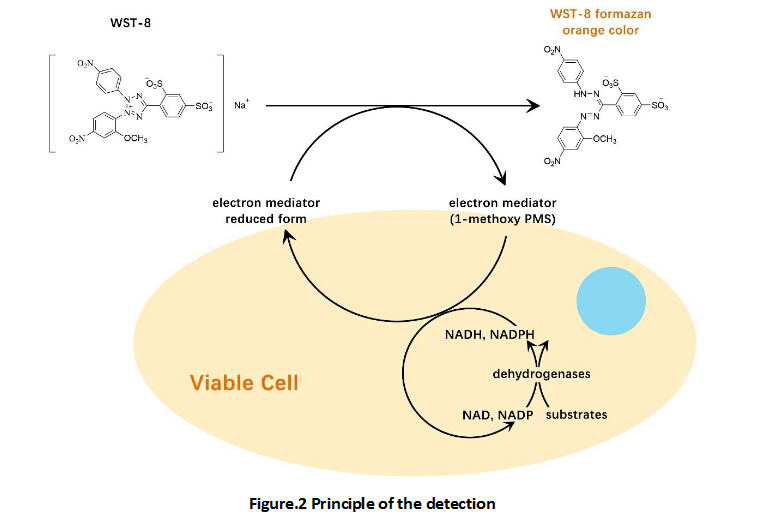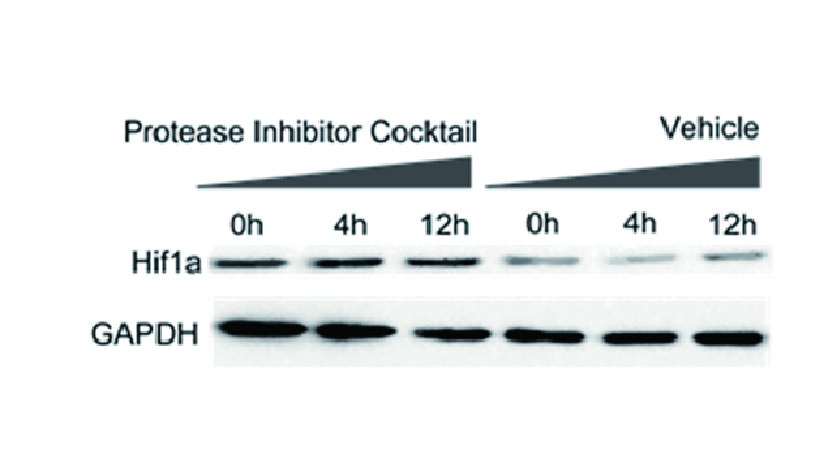AGK 2
AGK 2 is a potent and selective inhibitor of sirtuin 2 with IC50 value of 3.5 μM [1].
Sirtuin 2 (SIRT2) is a NAD-dependent deacetylase and is involved in cell cycle regulation through α-tubulin deacetylation. SIRT2 plays an important role in neuroprotective effects and the pathogenesis and development of cancer [1] [2] [3].
AGK 2 is a potent and selective SIRT2 inhibitor. AGK 2 inhibited SIRT2 with IC50 value of 3.5 μM and slightly inhibited SIRT1 and 3 at concentrations over 40 μM. AGK 2 increased acetylation of tubulin heterodimers from bovine brain. In HeLa cells expressing SIRT2-myc, AGK2 effectively inhibited SIRT2-myc activity. AGK2 also dose-dependently increased acetylated tubulin. In H4 cells transfected with α-Syn, AGK2 dose-dependently reduced α-Syn-mediated toxicity. In primary midbrain cultures transduced with lentivirus encoding α-SynA53T, AGK2 rescued dorsomedial neurons in a dose-dependent way [1]. In primary rat astrocytes, AGK-2 (35 μM) significantly inhibited astrocyte viability and proliferation and also inhibited astrocyte activation induced by beta amyloid 1-42 (Aβ 1-42). Also, AGK2 significantly inhibited the increase of iNOS and COX-2 induced by Aβ 1-42 [2]. In glioblastoma multiforme cancer stem cells (GBM CSCs), AGK-2 exhibited good antiproliferative activity [3].
References:
[1]. Outeiro TF, Kontopoulos E, Altmann SM, et al. Sirtuin 2 inhibitors rescue alpha-synuclein-mediated toxicity in models of Parkinson's disease. Science, 2007, 317(5837): 516-519.
[2]. Scuderi C, Stecca C, Bronzuoli MR, et al. Sirtuin modulators control reactive gliosis in an in vitro model of Alzheimer's disease. Front Pharmacol, 2014, 5: 89.
[3]. Rotili D, Tarantino D, Nebbioso A, et al. Discovery of salermide-related sirtuin inhibitors: binding mode studies and antiproliferative effects in cancer cells including cancer stem cells. J Med Chem, 2012, 55(24): 10937-10947.
| Physical Appearance | A solid |
| Storage | Store at -20°C |
| M.Wt | 434.27 |
| Cas No. | 304896-28-4 |
| Formula | C23H13Cl2N3O2 |
| Solubility | insoluble in EtOH; insoluble in H2O; ≥9.3 mg/mL in DMSO |
| Chemical Name | (E)-2-cyano-3-(5-(2,5-dichlorophenyl)furan-2-yl)-N-(quinolin-5-yl)acrylamide |
| SDF | Download SDF |
| Canonical SMILES | ClC(C(C1=CC=C(/C=C(C#N)/C(NC2=C3C(N=CC=C3)=CC=C2)=O)O1)=C4)=CC=C4Cl |
| Shipping Condition | Small Molecules with Blue Ice, Modified Nucleotides with Dry Ice. |
| General tips | We do not recommend long-term storage for the solution, please use it up soon. |
Quality Control & MSDS
- View current batch:
-
Purity = 98.00%
- COA (Certificate Of Analysis)
- MSDS (Material Safety Data Sheet)
- Datasheet
Chemical structure
